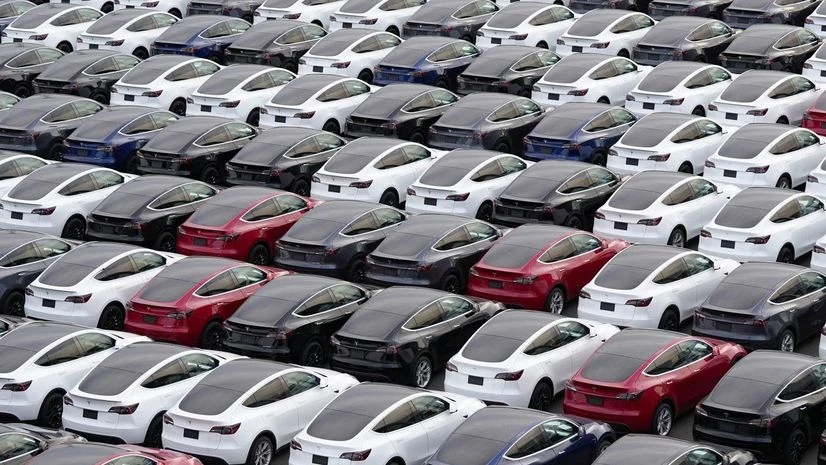Tesla is potentially seeking a local partner to establish its operations in India. The American electric vehicle giant is considering the prospect of a joint venture with Reliance to construct a manufacturing facility within the country, The Hindu Businessline reported on April 9.
Reportedly, Tesla has earmarked $2 billion for its forthcoming endeavours in India and has been scouting various locations, including Gujarat and Maharashtra, as potential sites for the plant. Maharashtra is purportedly emerging as the favoured choice, the report claimed.
During an X (formerly Twitter) Spaces session alongside Nicolai Tangen, CEO of Norges Bank Investment Management, Elon Musk, CEO of Tesla, confirmed Tesla's entry into India. "India is now the most populous country in the world. India should have electric cars just like every other country has electric cars. It's a natural progression to provide Tesla electric vehicles in India," he said.
Senior Tesla officials are expected to visit India within the next month to finalise the location for the plant and solidify a joint venture with RIL. However, since the discussions with RIL are not exclusive, Tesla might seek another domestic partner if ongoing negotiations fail to materialise, the report said.
Earlier in March, the Indian government had approved an Electric Vehicle (EV) policy aimed at promoting the country as a global manufacturing hub for EVs. The policy mandated a minimum investment of Rs 4,150 crore with no maximum investment cap, designed to attract investments from reputable global EV manufacturers.
In addition to the minimum investment requirement of Rs 4,150 crore ($500 million), the policy stipulated a three-year timeline for establishing manufacturing facilities in India, commencing commercial production of EVs, and achieving 50 per cent domestic value addition (DVA) within five years at maximum.
Furthermore, the policy specified that the duty on the total number of EVs permitted for import would be capped at the investment made or Rs 6,484 crore (equivalent to incentives under the PLI scheme), whichever is lower.
Additionally, it stated that a maximum of 40,000 EVs, with an annual cap of no more than 8,000 vehicles, would be allowed if the investment amounts to $800 million or higher. The unused annual import limits could be carried over.

)
